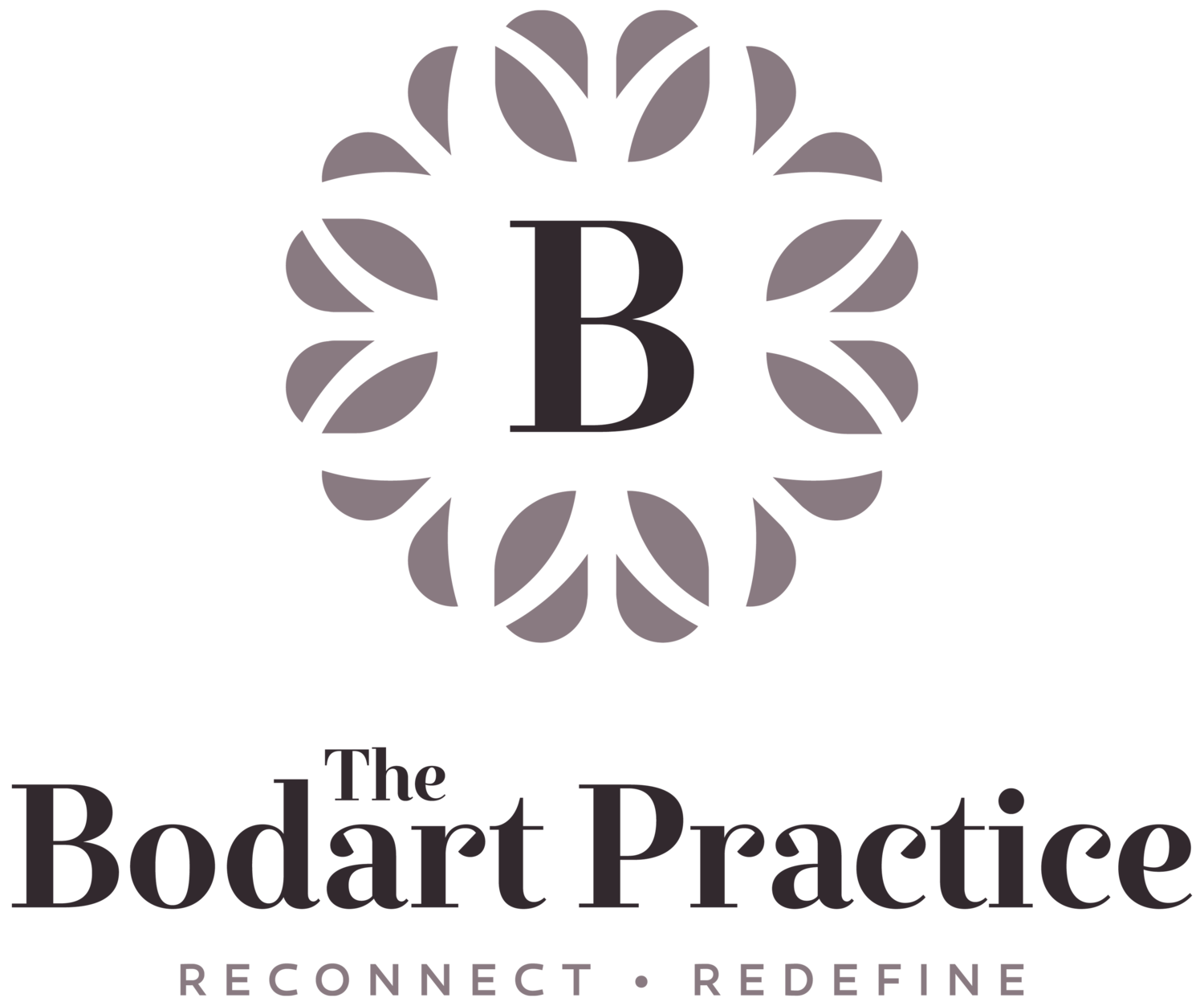‘Adolescence’ was a harrowing but essential watch, and as a psychologist who has worked with young people and parents, I have some thoughts about it…
On Structures
This is a show about systems: the justice system, the education system, the family system, and how all of these connect and interact with each other. It also provides a commentary on the system of patriarchy which breeds male violence against women and shows us how, when followed to this catastrophic endpoint, this poisons our society.
@tindertranslators articulates the issue that 'Adolescence' presents very well; "Social media algorithms amplify extreme content, such as misogynistic posts, which normalises harmful ideologies for young people”' They ask, “Do we really think that young boys are coming to the conclusion that 'feminism has gone too far' and then seeking out misogynist content? Or is it more likely that the natural insecurities of adolescence, alongside the instability of economic downturn, are being exploited by bad actors who groom boys into extremist ideology with the help of biased algorithms?".
On Punishment & Accountability
In the show we see that Jamie's schoolmates turn away from him and even mock the ideology that he reflects in his online behaviour. Jamie maintains throughout the series that he 'hasn't done anything wrong' - part of this can be interpreted as denial, but there is perhaps a suggestion that he also felt entitled to his rage, or that violence was the natural consequence of Katie rejecting his advances. Katie is not a perfect victim (because there is no such thing), she shamed Jamie for simultaneously participating in and failing to meet standards of toxic masculinity (in which men gain social power via physical intimidation, wealth, and sexual conquests), but this does not justify Jamie believing he could have dominion over her body.
Ostracization as a form of punishment for unacceptable behaviour is understandable, it is a communication that the behaviour won't be tolerated. But exclusion precludes transformation. Rather than supporting rehabilitation or behaviour change, unfortunately complete social exclusion can steer offenders further into antisocial spaces that perpetuate the original behaviours.
On Turning Away & Turning Toward
The community turned away from the Millers in the wake of the murder as though they were 'bad apples', but the terrifying fact is that this is a 'normal' family, and Jamie is a 'normal' teenager. What we seek to understand through the show is how such a young boy could be capable of such a terrible crime, and the answer is confronting; anyone is capable of acting on their impulses if given the right conditions.
We need to turn toward these systems, these families, and these boys in order to create social change. The third episode in which we witness a psychological assessment with Jamie demonstrates this well - the psychologist continued to engage Jamie despite his aggressive behaviour. She did not turn away but demanded understanding. Collectively this is at the core of what is required in order for us to connect with each other and create change. However, this work becomes increasingly fraught as ideologies become more violent; women's safety needs to remain at the forefront of this endeavour. Violence and abuse of any kind is not ok, and we do not have to accept it - but we do need to learn how to prevent it.
At the end of this episode, we catch a glimpse of the frightened child who is desperate to be accepted and seen. Patriarchy has demanded that men project stoicism and strength at the cost of intimacy, so the antidote is clear: men need to turn toward their emotions and learn how to navigate them effectively. Whether or not men as a demographic are ready to engage with this work is another question; I am seeing many more men in my clinic who demonstrate a willingness to do emotional work and this gives me hope, but sadly they do not represent the majority of their sex. Even so, I like to remember what Michael Brooks said; "Be kind to people, be ruthless to systems".
Some Questions for Reflection
How did the show make you feel?
Which parts did you find most confronting? Why?
How do you think the creators of the show wanted you to feel?
Did you believe Jamie’s guilt after the video footage was shown, or did you struggle with this?
Did you feel sympathy for Jamie, if so, at what points?
Did you feel sympathy for Katie, if so, at what points?
How do you think you would have responded or reacted if you were a member of the community
How do you think you would have responded if you were Jamie’s parent?
How do you think you would have responded if you were Katie’s parent?
What do you think was the ‘lesson’ or ‘takeaway’ from the series?
Written by Rebecca Strange, September 2025



